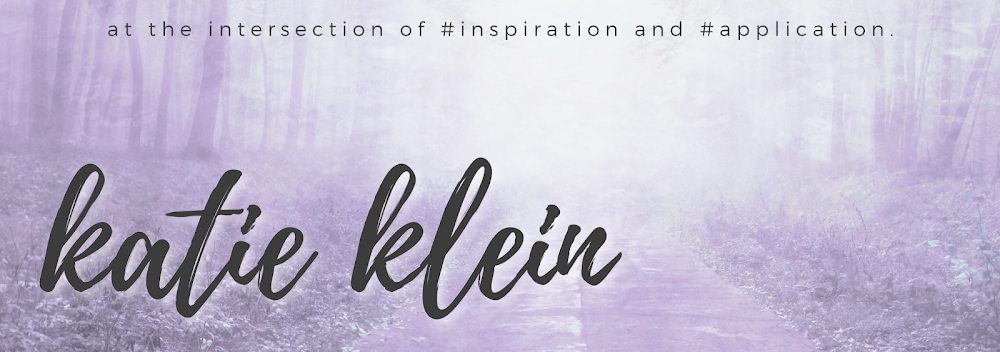*This originally appeared in my March 2018 newsletter. If you're not a subscriber yet, the link is in the sidebar. -->
Not even close.
They arrive at the inciting incident as fully formed beings. They step into chapter one with the proverbial suitcase in hand—all of the baggage they carry with them that they have amassed over the years. This includes thousands of thoughts, feelings, and memories of events that have come together to shape who they are.
They come to your story with hopes and dreams and ideas, something they are striving for, something they are working toward, and these things have grown out of who they have become (and are still becoming, since one of the main functions of the plot is to change the character in some way). A character’s past, including the choices they have made, holds everything that brought them to the moment your story opens.
A past informs your character’s motives (why they do what they do).
A past informs your character’s attitudes (how they respond to the events and people around them).
We (the reader) don’t need to know everything about your character’s past, but you (the writer) should have a solid idea of the kind of person you’re dealing with before you sit down to tell their story.
It’s likely you will need to share some of those key past events as the plot unfolds, but keep in mind that “info dumps” should be avoided, and the memories the character is reflecting on can’t be “convenient” to the story. Attitudes and actions must ring authentic.
The memories shared throughout your narrative will be most effective if, while the character is considering them, the meaning changes based on new information or a new attitude. It may be that the character didn’t fully understand something at first, but now they do.
But most importantly: a character should act out of their true emotions, hide from their true emotions, or feel paralyzed because of their true emotions, and this all stems from their past. Who they were, who they are now, and who they are in the process of becoming is because of their past.
The key takeaway? Know your character’s history.
Knowing why they do what they do will help them act naturally (both in character and out of character, when the time comes) as the plot unfolds. And the more believable your character (and their choices), the more memorable they will be.
Be Brilliant!
~Katie~

